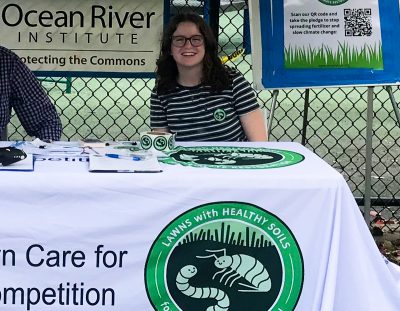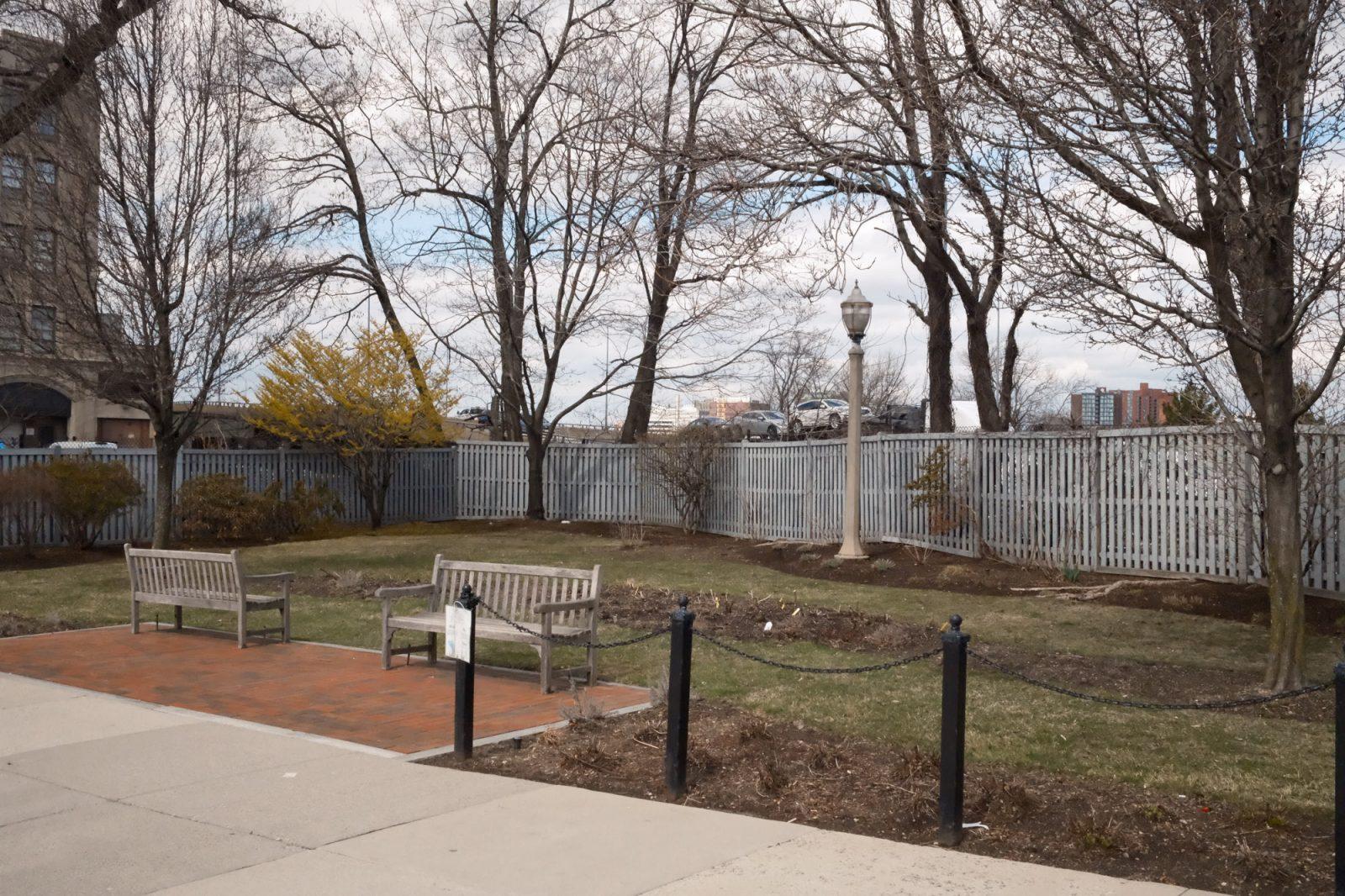In the face of issues as big as climate change, a small nonprofit based in Cambridge connects advocates across the country with their local legislatures to bring about environmental conservation.

Boston University senior Keeley Bombard is half of the two-person team at the Ocean River Institute, a non-profit environmental organization dedicated to making a difference for climate change through environmental stewardship, education and citizen science.
Bombard, the fall intern at the ORI, is studying environmental analysis and policy in a four-year program for energy and environmental masters in the College of Arts and Sciences. She said the organization allows people’s voices to be heard by legislators.
The ORI runs various environmental campaigns that people can virtually sign in support and leave comments on, which are then sent to local representatives, Bombard said.
The other half of the team, Rob Moir, is the president and executive director of ORI. Moir said legislators rarely hear from their constituents on anything but big issues. When Bombard organizes the comments by town, “legislators know whom in their district is commenting and this is a very powerful way for helping move legislation,” Moir said.
“When they hear about personal stories … it’s stuff they can relate to, so that helps the bill move along,” Moir said.
Bombard, who has experience working with clean energy technology, said that she has been enjoying working in the more “people-focused side” of the field at ORI.
“The real skill is the retail work of working with people,” Moir said. “It’s all about listening to what the visitor has, so Keeley is really good about that.”
Bombard said it’s important to know what people who aren’t academics or professionals in the field — neighbors, friends and people in the community — think about clean energy decisions and environmental actions.
“If we want someone to change their behavior, they need to feel like they’ve been a part of that decision,” Bombard said. “They need to feel like people see them as someone who is intelligent and can make a choice about these things.”
At the Harvest Your Energy Festival in Medford last weekend, Bombard and Moir set up a competition that pitted Medford against Somerville to see which town could have the highest percentage of residents pledging not to put fertilizer on their lawns, Moir said.
“The whole point is not convincing people, but it is to be able to turn around and tell the governor who’s in charge of the lawn-fertilizing practices in the state,” Moir said. “We want him to know that there’s a lot of people in certain towns that are voluntarily not putting fertilizer on their lawns.”
This was part of their Healthy Lawns Campaign, which asks people to commit to stop fertilizing their lawns and encourage natural lawn care practices, Bombard said, adding that what seems like a trivial change in lawn-care practice can have far-reaching effects.
By using natural lawn care practices, the roots of the grass can grow larger and can store more carbon from the atmosphere, improve wildlife and store more water which can lead to reducing sea level rise by 25%, Moir said.
One family is teaming up with the ORI to establish a Right Whale Day in Massachusetts to raise awareness about the endangered North Atlantic right whales species. Bombard said the ORI decided to “scrap what we had for the newsletter this time” and tell the family’s story to help them garner support to pass the bill.
The Delaney family, who started celebrating the day in 2004 after their heartwarming encounter with a right whale, is now waiting for a public hearing to be held by the Massachusetts State Administration and Regulatory Oversight Joint Committee, said Matthew Delaney.
Delaney, who is now in the process of forming a nonprofit to raise money for right whale research, said Moir was incredibly on board right from the start.
There’s a lot of flexibility in being a small organization, Bombard said.
“Things can change really quickly because there aren’t all these big teams,” Bombard said. “We can decide, ‘Hey, let’s focus on this today.’”
Bombard said it is fulfilling to talk to people face-to-face at sustainability festivals.
“They want to learn things. People want to understand,” Bombard said. “It’s just cool to feel like you’re actually making a change in terms of people’s behavior, or helping people to get their voices heard by the right people.”




























































































































